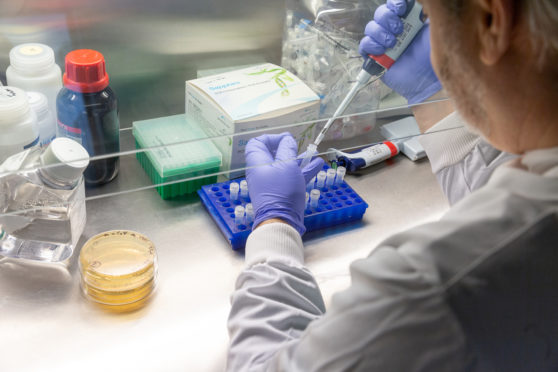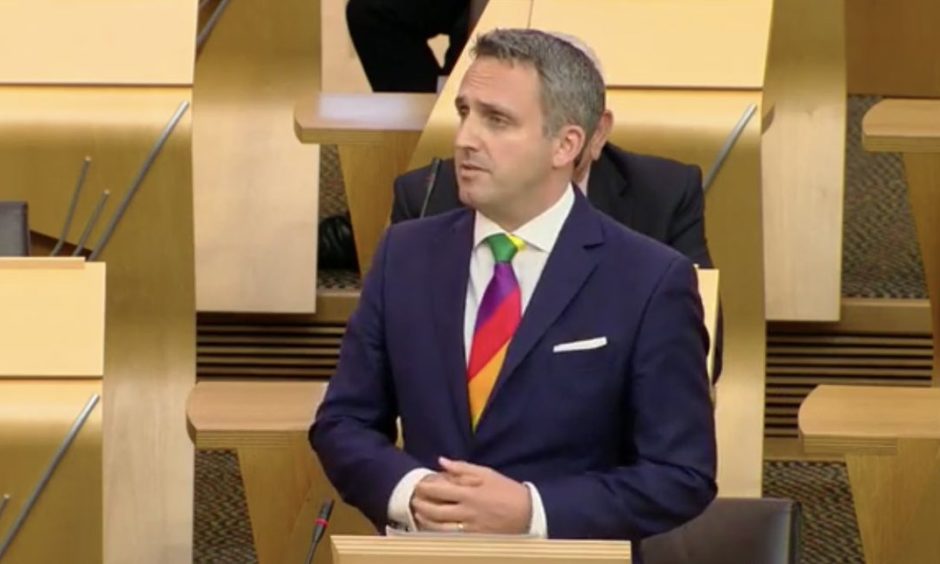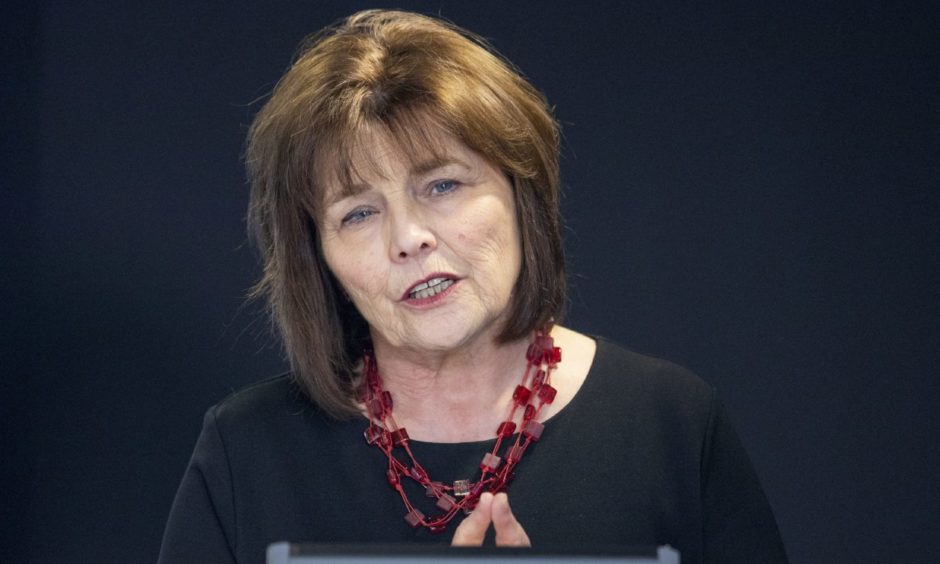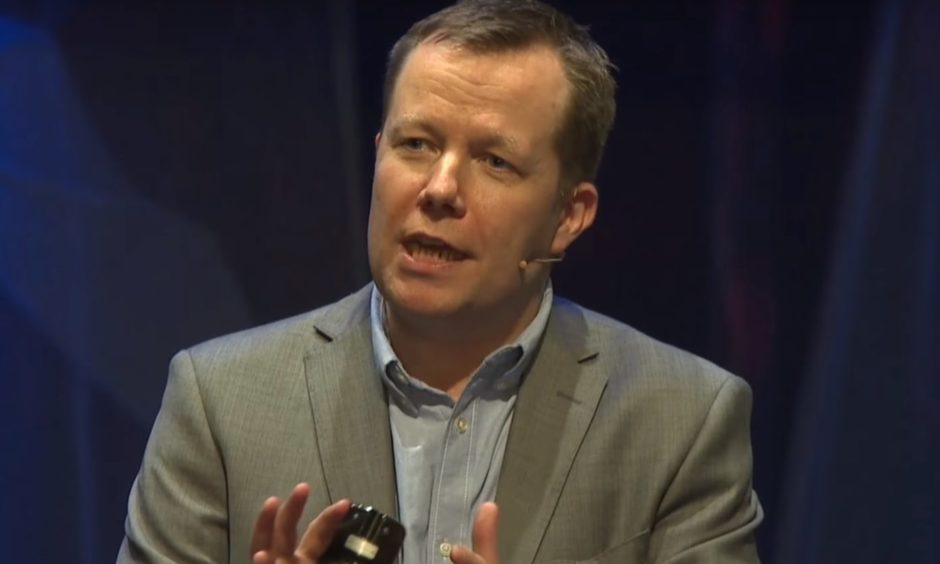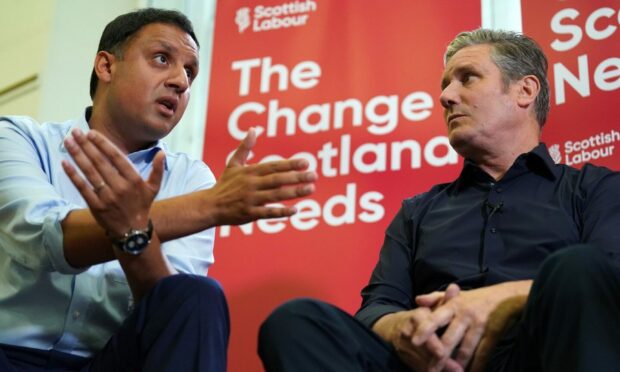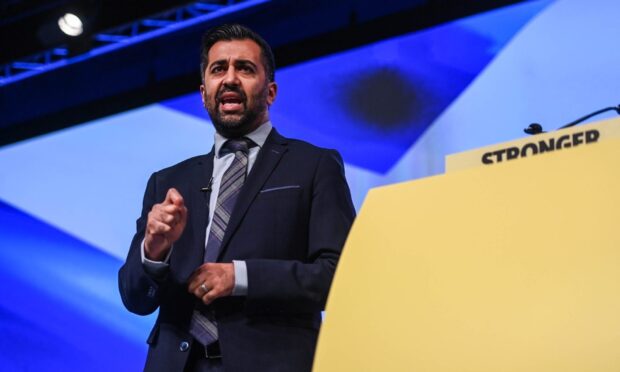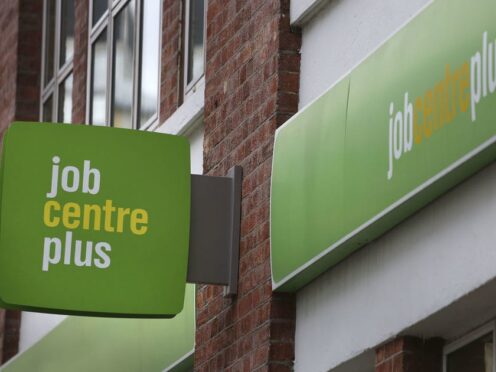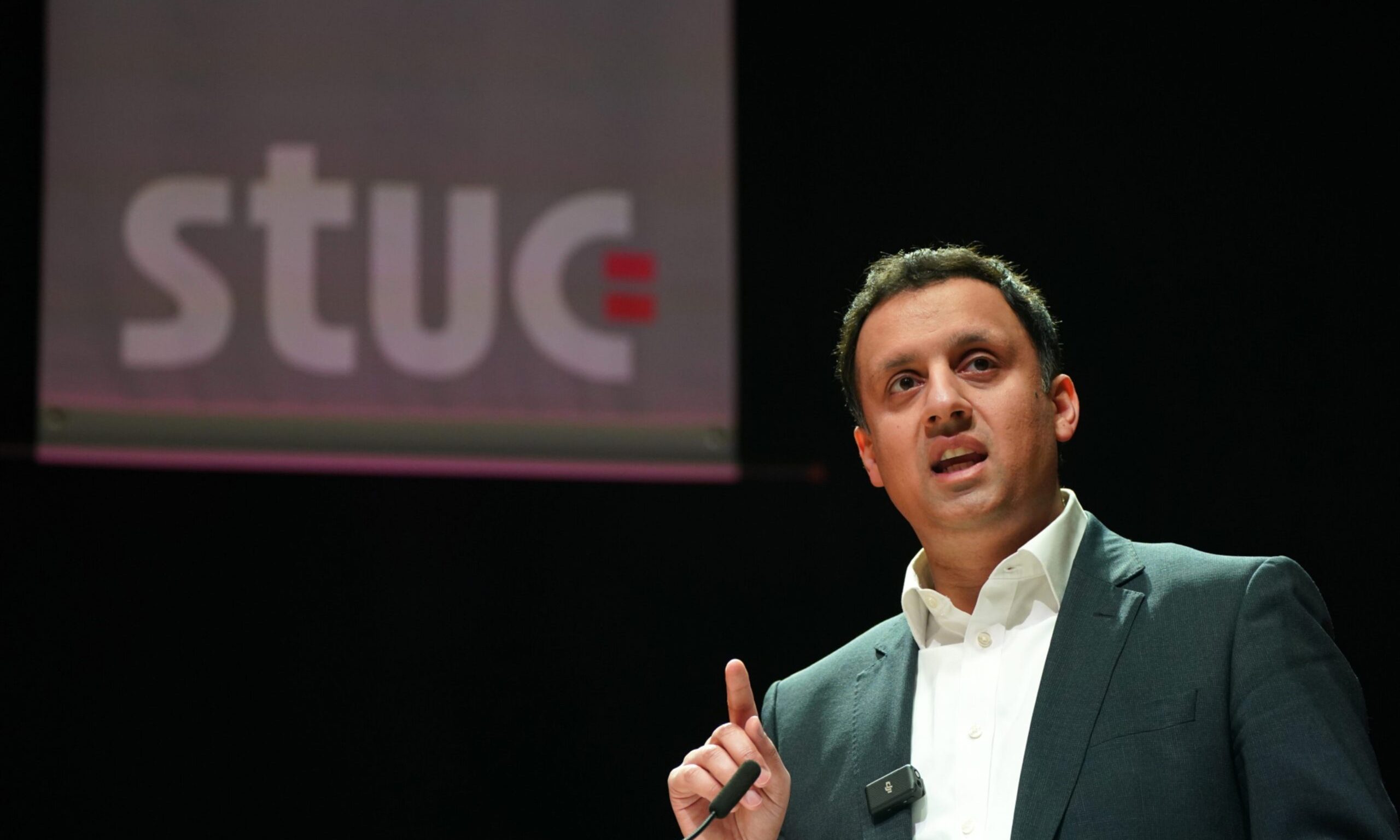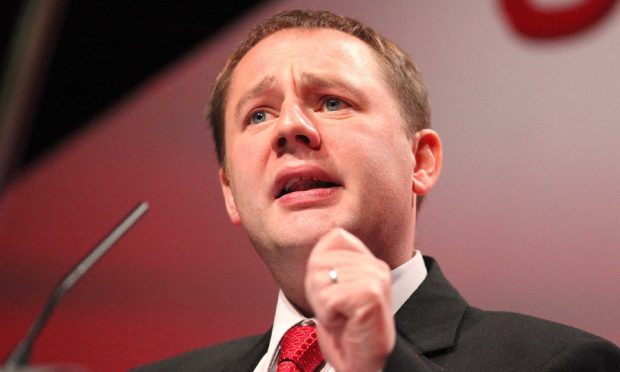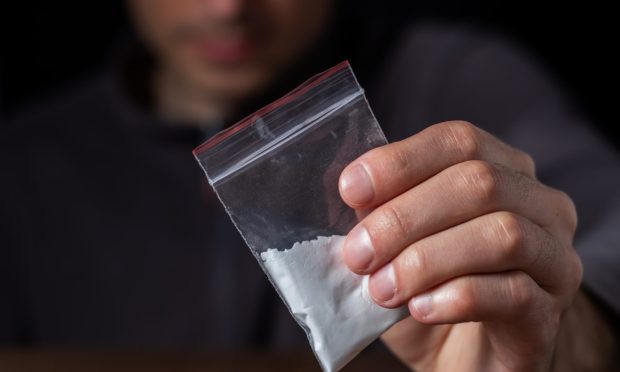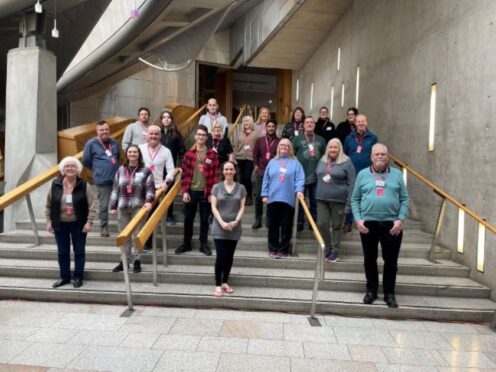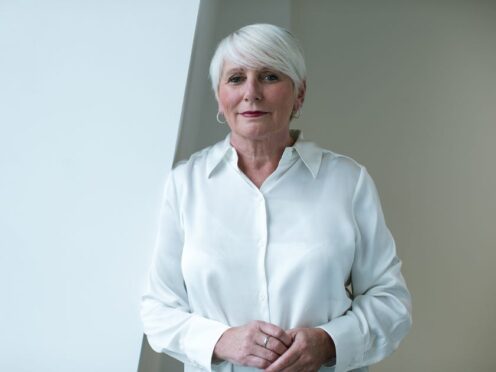The Scottish Government has been accused of being “hopelessly underprepared” for the coronavirus pandemic, amid claims it “ignored” key advice on testing years before the outbreak.
A secret report commissioned by ministers in the summer of 2015 was carried out across the public sector in Scotland to assess preparedness for a flu pandemic, and warned urgent action needed to be taken in a range of areas.
The document – code-named Silver Swan and later leaked to newspapers – makes no reference to the kind of extensive testing required under the Scottish Government’s strategy to bring the current Covid-19 pandemic under control.
This is despite the World Health Organisation (WHO) pandemic checklist referencing the importance of testing at least 25 times.
The Silver Swan report was created to specifically consider an influenza outbreak – rather than Covid-19 – but the Scottish Government has faced accusations of failing to plan for other viruses, as recommended in the WHO checklist.
Health secretary Jeane Freeman, appearing at Holyrood’s health and sport committee on Wednesday, rejected suggestions the “failure to consider mass testing” had held Scotland back in dealing with coronavirus.
Scottish Lib Dem health spokesman Alex Cole-Hamilton challenged Ms Freeman on why she continued to reference the WHO checklist when Silver Swan “didn’t cover testing at all”.
“As such, we were hopelessly underprepared for mass testing, which is why the Scottish Government abandoned it when community transmission got into double figures back in mid-March,” Mr Cole-Hamilton said.
“At that time we only had three labs processing a couple of hundred tests a day.
“What is the point of running pandemic prep exercises if we ignore the central pillar of WHO advice on such preparedness, eg testing?
“That omission left us ill-equipped for the containment phase of the virus.”
Ms Freeman said she did not accept there was a failure to consider mass testing and that it was “clear” from clinical and scientific advice the first phase of the Government’s response would be to attempt to contain the virus.
She said contact tracing had been a “key feature” of that response but it was always likely Scotland would move to a delay phase, at which point “contact tracing is no longer an appropriate response”.
The health secretary said it is important WHO advice is applied to a country’s existing infrastructure, adding that the Scottish Government’s testing strategy had adapted to a “significant” increase in capacity and growing knowledge of the virus.
“Our testing strategy was there,” she said. “It was developed as the virus spread and prevalence developed, and as our capacity for testing developed.”
National clinical director Jason Leitch said the coronavirus pandemic had been on a “different scale from anything the world has faced in living memory” and it was not directly comparable to the subject of the Silver Swan report.
“We took the WHO’s advice and we applied that advice to our health system, our PPE stockpiles, our testing ability and the testing science we had available to us,” he said.
“And then we worked immediately to adapt to the present virus in the present pandemic and got to the position we’re in today.”
Meanwhile, NHS Scotland’s chief executive, John Connaghan, revealed mobile screening units could be deployed across Scotland to tackle the NHS backlog.
Mr Connaghan told the health committee NHS Scotland is considering using mobile diagnostic services, such as CT scans, with health boards asked to re-establish screening services by the end of July.
Ms Freeman said regular screening services will resume “very soon” but the NHS needs to keep spare capacity in case of a second wave of coronavirus.
She said most NHS staff are “physically and emotionally exhausted” from dealing with the pandemic, and former workers who have returned on a temporary basis could be asked to stay longer as a result.
